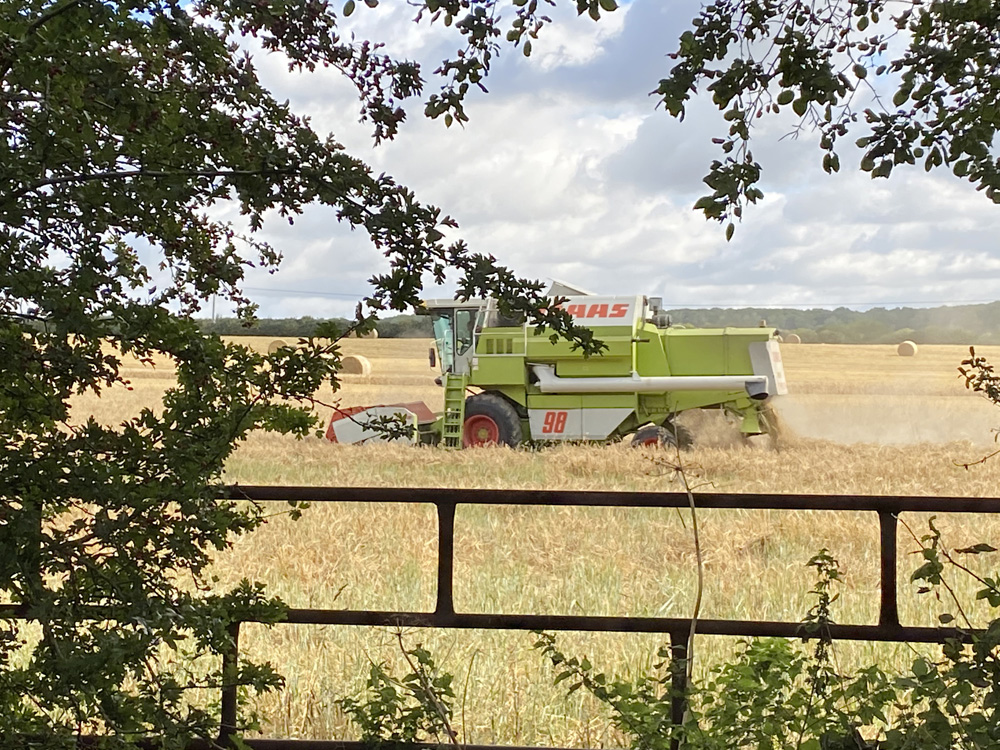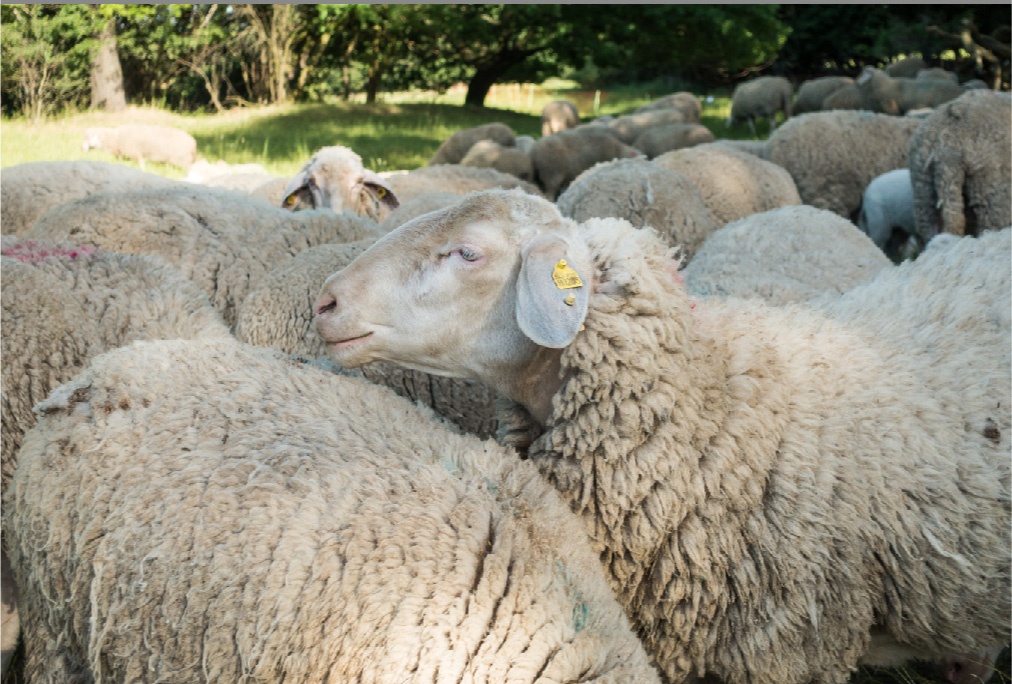Weekly rural property and business update
This week’s Rural Update questions why more landowners don’t want to get paid to help the environment, berates the government for copping out with its own new environmental land management scheme proposals and wonders if we really will get a Brexit trade deal with the EU.
5 minutes to read
Commodity markets
Proving how fickle global grain markets can be, wheat prices are the biggest mover in our commodities round-up this week.
Despite the International Grains Council upping its estimates for global corn production by two million tonnes (to 1.2 billion tonnes) and for wheat production by one million tonnes (to 763 million tonnes), better-than-expected demand figures for US grains helped to push up values. This will be a slight crumb of comfort for arable farmers in the UK struggling with soggy harvesting conditions.

Trade negotiations and Brexit – Are the sheep too close to the cliff edge?
Pessimists (or realists depending on your viewpoint) are warning that there are only two weeks to save the UK’s trading relationship with Europe.
The two blocs are due to start the eighth round of negotiations on 7 September, with many commentators saying if an agreement is not reached this time around there will be no time to get a deal in place for 31 December when the Brexit transition period ends.
Such a failure would mean the UK and EU trading under WTO terms, which would lead to extra tariffs being levied on goods traded between them. This would have a big impact on certain farming sectors.
It is already rumoured that the government has accepted that help will be needed for sheep producers in light of a no deal and is working on some kind of compensation package.
However, other more optimistic commentators claim deals with the EU are always done at the last minute so we should not be unduly concerned by the brinkmanship being displayed by both parties.
In other trade news, the resignation of Japanese Prime Minister Shinzo Abe due to ill health could also delay the UK Japanese trade deal, already slightly off course due to trade minister Liz Truss’s line in the sand on Stilton tariffs.

Environmental support part 1 – Government refuses to backdate stewardship benefit
Land managers who have submitted Countryside Stewardship (CSS) applications for 2021 will be allowed to amend them to take account of Defra’s recent announcement that it is scrapping the need for Environmental Focus Areas (EFAs) from the end of 2020.
EFAs or “greening” measures were required by the EU in order for farmers to claim their full agricultural support payments under the Basic Payment Scheme (BPS). EU “double-counting” rules meant EFAs could not be included as part of CSS applications.
However, Defra has said those with existing CSS schemes will not be able to amend them leading to fears that land used as EFAs will simply be ploughed up and their environmental benefits lost.
Environmental support part 2 - Why farmers should not shun environmental schemes
My colleague Tom Heathcote, who heads up our Agri-Consultancy team, has just published a thought-provoking opinion piece elsewhere on these pages questioning the decision by many farmers to ignore environmental schemes such as Countryside Stewardship (CSS).
While some don’t want to be hassled with the perceived bureaucracy involved, Tom feels that many are worried that joining such schemes turns them into wildlife farmers.
But with traditional farm incomes under threat from Brexit and potential climate change legislation likely to have an impact on how land is managed, farms and estates will need to be more flexible about how their land is used, argues Tom.
“The reality is that how we use land will change and this should be embraced. For some the reality is that the only way for them to remain financially viable will be to become a land steward or ‘conservation farmer’ and then build a farming system around it, not the other way around.”
"Tensions between farmers and environmentalists is on the rise again in Scotland following the decision of the Lynx UK Trust to reapply for a licence to release a number of the cats in the Queen Elizabeth Forest Park near Glasgow.

Sheep farmers argue that such a move will have a detrimental effect on their flocks. Advocates of the lynx argue that Scotland has plenty of room for them.
Surely there must be room here for farmers to benefit in some way from assisting with the reintroduction, if it goes ahead."
Photo by Etienne Girardet on Unsplash
Environmental support part 3 – Why the government is getting it wrong
In the same piece Tom also argues that Defra’s decision to base its new Environmental Land Management Scheme (ELMS) on actions rather than outputs is flawed.
ELMS will gradually become the main way that the government supports farmers following the gradual wind down of the Basic Payment Scheme, part of the EU’s Common Agricultural Policy, now that the UK has left the union.
“Previous schemes like Countryside Stewardship pay by actions, and DEFRA’s own reports acknowledge that, as a whole, they have delivered little environmentally and ecologically,” points out Tom.
“Why would we therefore want or find it acceptable to go back to having yet another scheme run on this basis, especially given the long-term environmental targets that the UK has set.”
Contact Tom if you’d like advice on how to benefit from environmental stewardship
Woodland – Government plans to clamp down on illegal deforestation
Defra has mooted a new plan to ensure the UK’s food chain doesn’t contribute to illegal logging and the destruction of rainforests.
The proposals would prohibit larger businesses operating in the UK from using products grown on land that was deforested illegally.
These businesses would be required to carry out due diligence on their supply chains by publishing information to show where key commodities – for example, cocoa, rubber, soy and palm oil – came from and that they were produced in line with local laws protecting forests and other natural ecosystems.
Businesses that fail to comply would be subject to fines, with the precise level to be set at a later date.
Contact Edward Holloway if you like help with forestry schemes closer to home, including the Woodland Carbon Guarantee.